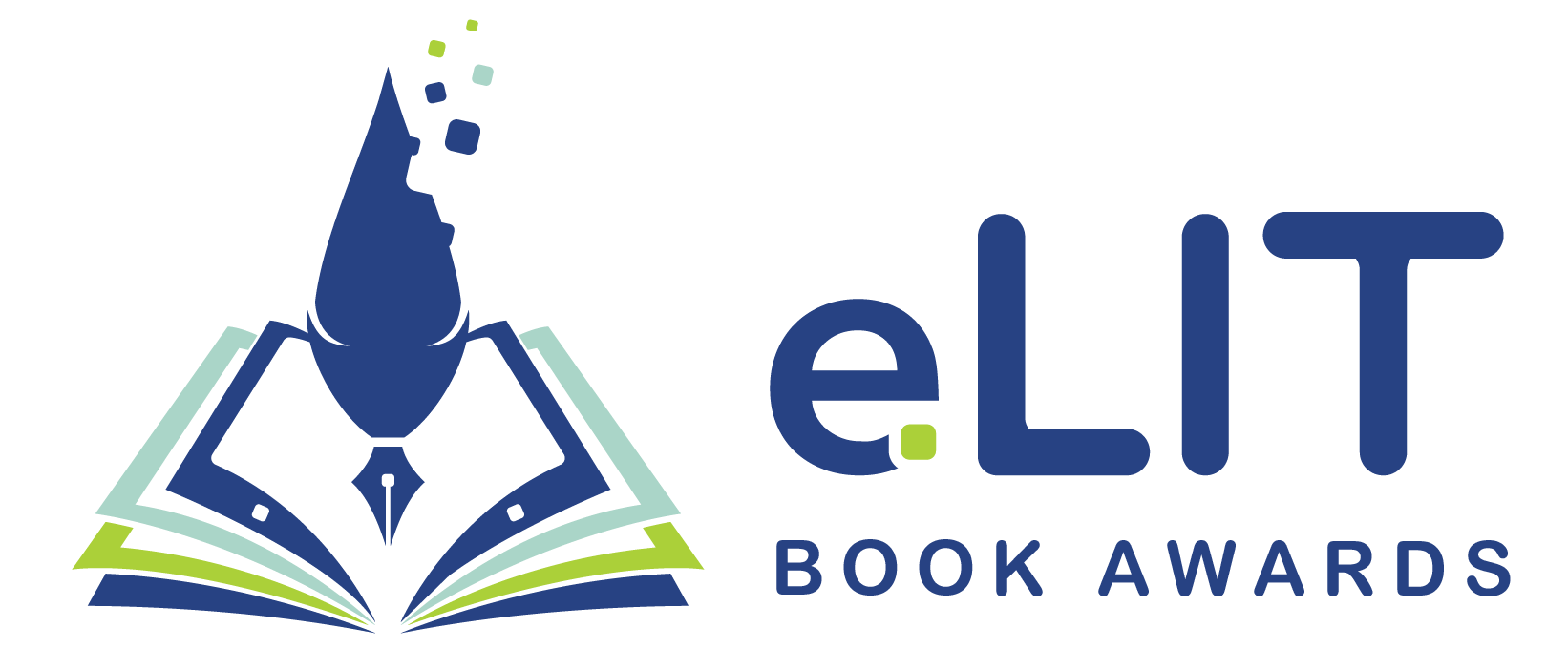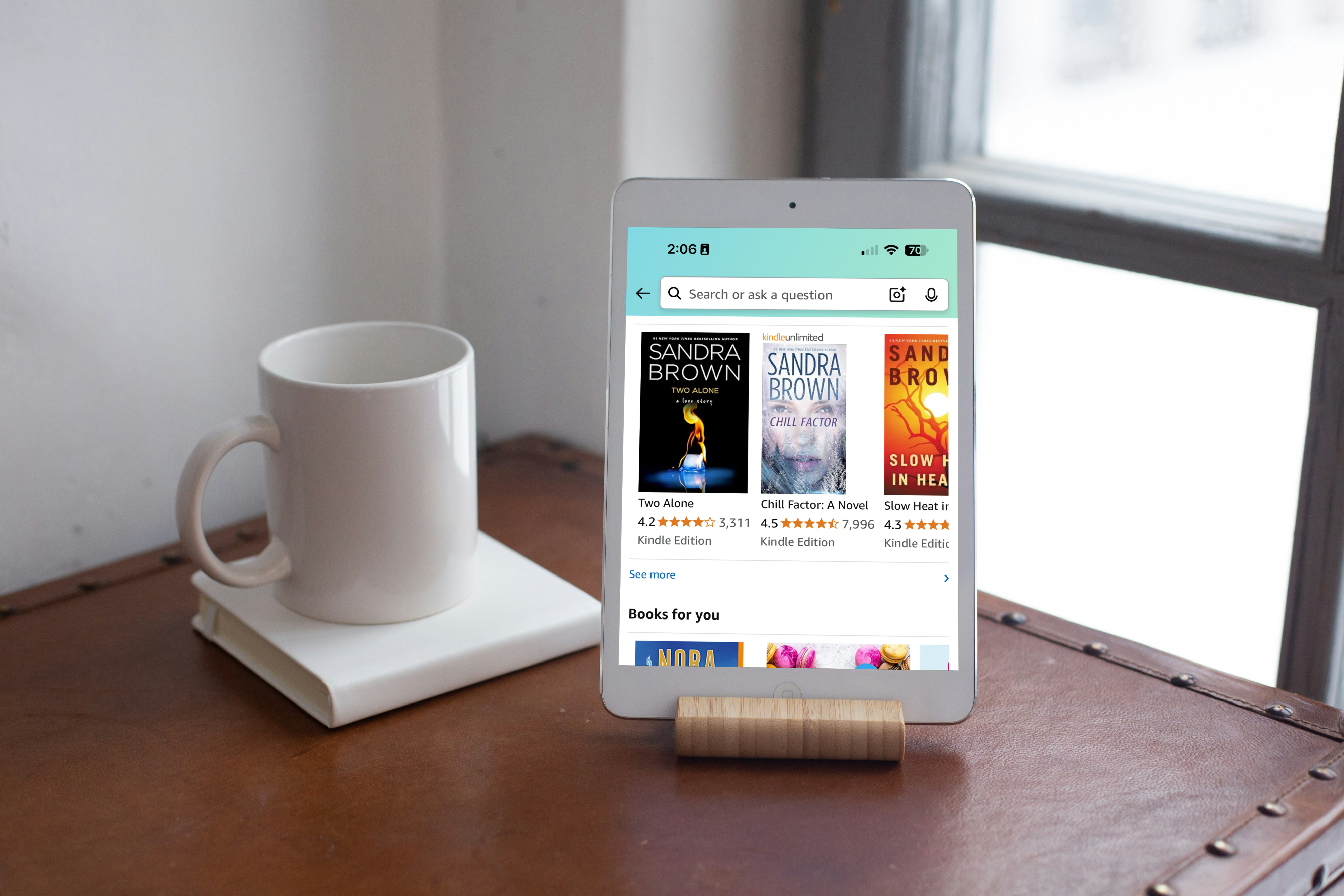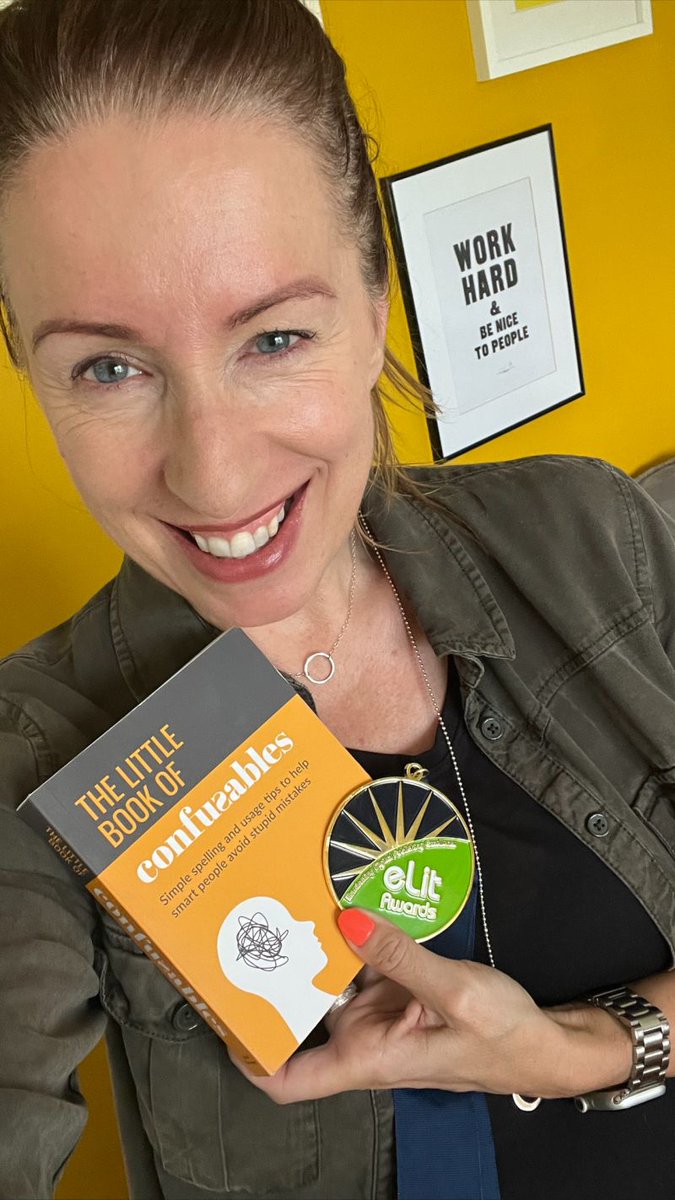As we celebrate 15 years of the eLit Awards, it’s amazing to look back and see just how much has changed in the world of books. When the awards first began, eBooks were still a new frontier, and most readers stuck to printed pages.
Today, eBooks sit right alongside traditional print, and digital reading has expanded into so many exciting areas—from audiobooks to book-related podcasts. The way we discover and talk about books has evolved, too. Whether it’s through Instagram feeds, #BookTok videos, or passionate book blogs, the conversation around books is more dynamic than ever.
With all these changes, the role of an author has transformed as well. In the past, writing the book was the hardest part, and then it was up to publishers to take care of marketing. But in today’s world, especially for digital authors, that’s no longer the case.
Now, writers are expected to wear two hats: creator and promoter. It’s no longer just about crafting a compelling story—it’s also about finding ways to reach readers, engage with them online, and market your work in an increasingly crowded space.
This blog is here to help you find the balance between writing and marketing, so you can thrive in this new era of digital publishing!
Setting Priorities: Defining Success for Yourself
Before you can balance writing and marketing, it’s important to think about what success means to you. Do you want more readers, critical acclaim, or stronger community engagement? Knowing your goals will guide your strategy.
For example, if you’re focused on growing your audience, track book sales or newsletter sign-ups. If building a loyal community is your priority, focus on engagement metrics like comments or social shares.
Creating a Writing/Marketing Balance
It’s easy for marketing to take over or get sidelined altogether, so finding balance is key. Try breaking your week into dedicated writing and marketing time. For example:
- Monday to Thursday: Focus on writing.
- Friday: Dedicate to marketing (social media, newsletters, etc.).
- Saturday: A mix of writing and marketing.
- Sunday: Rest or plan ahead.
Even a few hours of marketing each week can make a big difference without overwhelming your writing time.
Choosing Your Marketing Channels
Don’t feel pressured to be everywhere. Instead, choose platforms that align with your strengths. If you enjoy visuals, Instagram might be for you. If you’re better with conversations, Twitter (X) could be your space. Pick 1-2 platforms where you feel comfortable and where your readers are likely to be, so marketing feels more natural and less of a chore.
Streamlining the Writing Process
When you’re balancing writing and marketing, efficiency is your friend. Streamlining your writing process not only helps you stay on track but also frees up more time for promotion without sacrificing your creativity. Here’s how to get there:
Set Clear Writing Goals
It’s easy to feel overwhelmed without clear goals. To keep yourself focused, set achievable targets. Daily word counts are a popular way to track progress, whether it’s 500 or 2,000 words a day, depending on your style and schedule.
If you prefer deadlines, try setting weekly or monthly goals like “finish Chapter 5 by Friday” or “complete draft by the end of the month.” Breaking your big project into smaller, manageable tasks can make the process less daunting.
Use Productivity Tools
Productivity tools can be a game changer for writers. Programs like Scrivener help you organize notes, chapters, and research all in one place, making it easier to jump back into writing without losing track of where you left off.
Tools like Grammarly or ProWritingAid can catch errors and offer suggestions, saving you time during the editing phase. Even simple apps like Google Docs or Notion can keep your thoughts organized and accessible from anywhere.
Managing Distractions
Distractions are the enemy of progress, but you can minimize them with a few strategies. Try time-blocking, where you dedicate set periods of time to focus solely on writing (e.g., 9-11 AM is “writing time”). During these blocks, turn off notifications and avoid multitasking.
Writing sprints are another great way to boost productivity. Set a timer for 20 or 30 minutes and write as much as you can in that time. After a short break, go for another round. The ticking clock adds a bit of urgency, helping you get more done in less time.
Embracing Marketing as Part of Your Creative Process
Marketing doesn’t have to feel like a chore—it can actually be an extension of your creativity. Here’s how to make it feel more enjoyable:
Find a Marketing Style That Feels Authentic
Think of marketing as another way to tell stories. Instead of just promoting your book, share insights into your writing process, sneak peeks of your characters, or personal anecdotes. When marketing feels true to you, it becomes more fun and engaging for your audience.
Engage With the Community
Platforms like #BookTok or Goodreads are great for connecting with readers. It’s not just about posting but actively engaging—responding to comments, participating in discussions, and building relationships. Genuine interaction turns casual readers into loyal fans.
Reuse and Repurpose Content
Maximize your efforts by repurposing content. A blog post can become several social media updates, a newsletter topic, or even a quick video. By reshaping existing content, you can stay active across platforms without constantly creating new material.
Building a Sustainable Marketing Strategy
Marketing can quickly feel overwhelming if you’re trying to do too much. The key to long-term success is creating a strategy that’s both effective and sustainable. Here’s how to set yourself up for success without burning out:
Creating a Content Calendar
A content calendar helps you plan your posts and promotions, so you’re not scrambling for ideas last minute. Here’s a simple template to get you started:
- Monday: Share a behind-the-scenes look at your writing process.
- Wednesday: Post a quote from your book or an excerpt.
- Friday: Promote upcoming events, like book launches or giveaways.
- Sunday: Engage with your community by asking a question or hosting a poll.
By planning ahead, you’ll ensure you’re consistently engaging with your audience without the stress of coming up with content on the fly.
Measuring What Matters
Once your marketing is up and running, it’s important to track the right metrics. Instead of obsessing over likes or follower counts, focus on engagement (comments, shares), reach (how many people see your content), and conversions (clicks or sales).
These metrics show whether your marketing is truly connecting with your audience. If something isn’t working, don’t be afraid to adjust your strategy—marketing is all about experimenting and finding what resonates.
Submit Your Digital Book Today
Finding the right balance between writing and marketing can feel tricky, but it’s absolutely possible to manage both without sacrificing your creativity. With clear goals, the right tools, and a strategy that works for you, you can build a strong author platform while staying true to your craft. Remember, marketing doesn’t have to overshadow your writing—it can actually complement it and help you connect with the readers who will love your work.
And once you’ve polished your book, don’t forget to share it with the world! The eLit Awards are a great way to celebrate your hard work and gain recognition in the ever-growing digital book landscape. We’d love to see your stories shine in this year’s competition—submit your content today!




